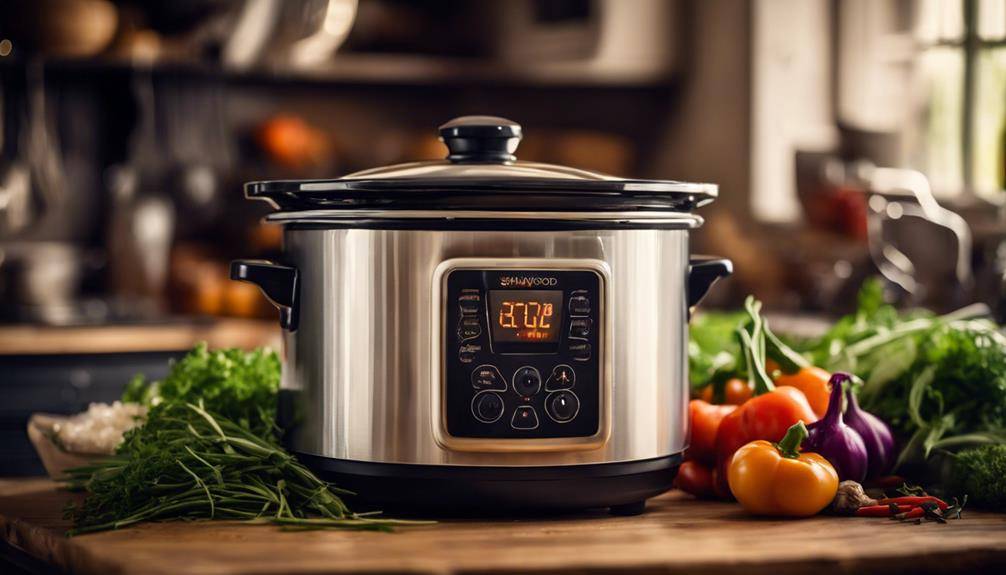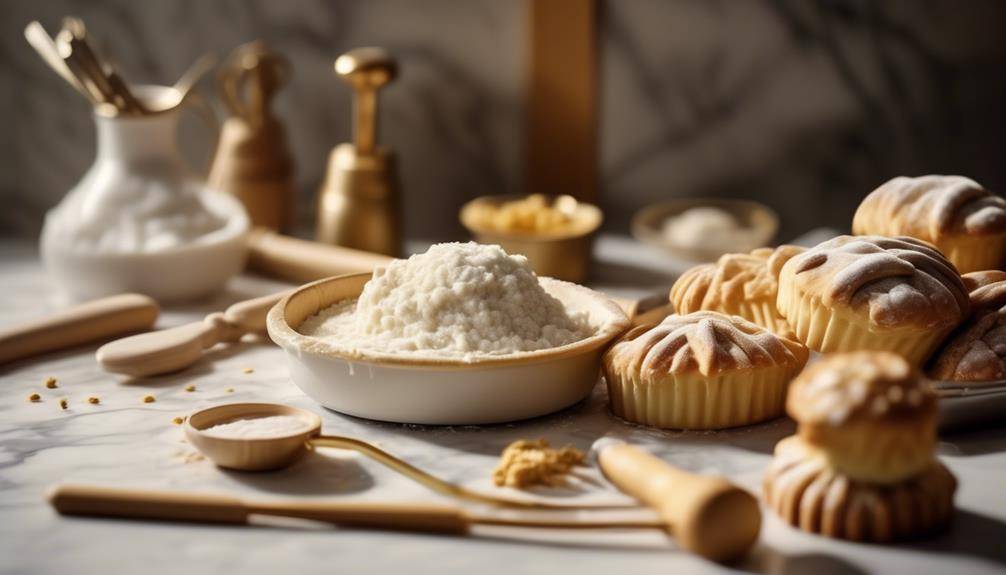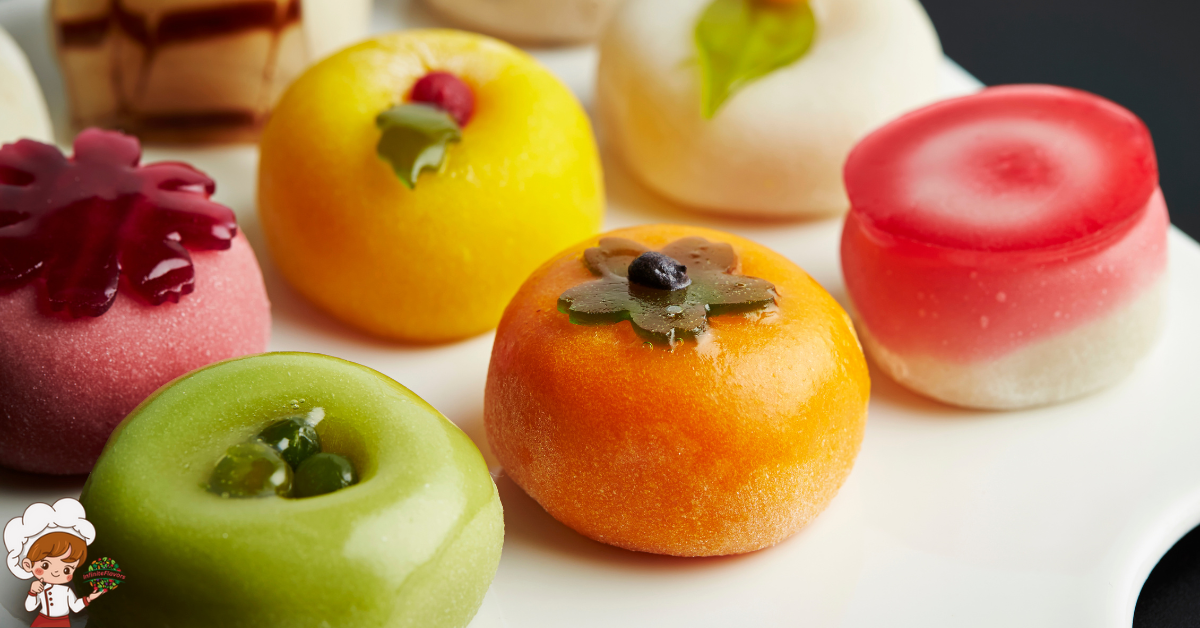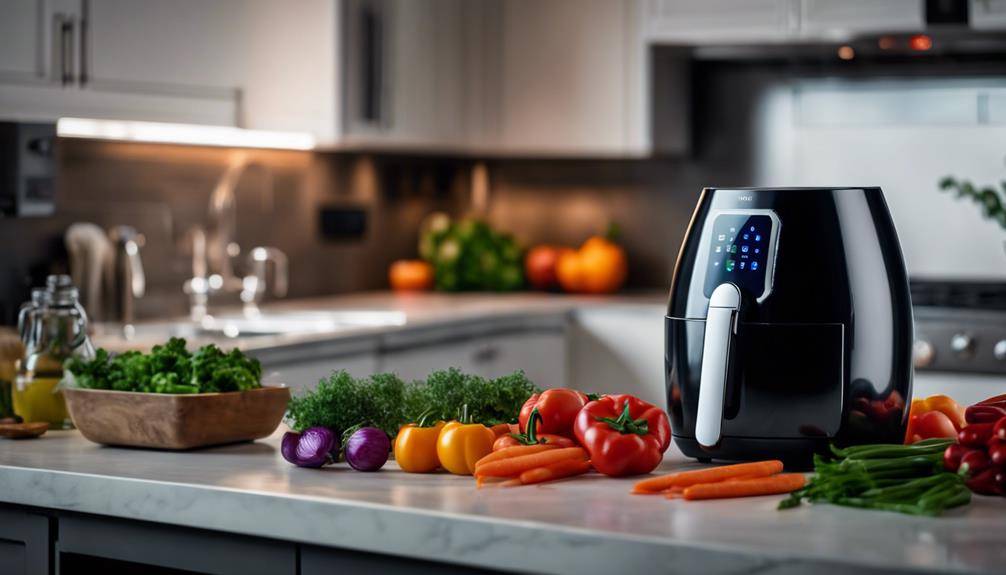The Exciting Flavor Of Jamaican Jerk Chicken

Jerk chicken, with its tantalizing blend of spices and smoky aroma, is a quintessential dish of Jamaican cuisine. Rooted in the island’s rich cultural heritage and culinary traditions, jerk chicken has become not only a beloved dish in Jamaica but also a globally recognized symbol of Caribbean flavor. Let’s delve into the fascinating history and origin of Jamaica’s iconic jerk chicken.
Origins in Indigenous Techniques:
The origins of jerk chicken trace back to the indigenous Taino people of Jamaica, who inhabited the island long before European colonization. The Taino culture had a deep connection with nature and relied on traditional techniques for hunting, fishing, and cooking. In their culinary practices, they utilized local ingredients and developed preservation methods to ensure food longevity.
One of the most significant contributions of the Taino people to Jamaican cuisine was the technique of jerking meat. Jerking involved marinating meat in a blend of herbs, spices, and salt, and then slow-cooking it over an open flame. This method not only seasoned the meat but also helped preserve it, allowing for longer storage periods in Jamaica’s tropical climate.
The Taino’s choice of wood for cooking was also integral to the flavor profile of jerked meats. Pimento wood, derived from the indigenous Jamaican allspice tree, imparted a unique smoky aroma and flavor to the meat. The use of pimento wood, along with the Taino’s indigenous seasoning blends, laid the foundation for what would later become known as jerk seasoning.
Beyond its practical applications, jerking meat held cultural significance for the Taino people. It was often associated with communal gatherings, celebrations, and rituals, where food played a central role in fostering social bonds and strengthening community ties.
While the Taino’s original jerk techniques were rudimentary compared to modern methods, their innovative approach to preserving and flavoring meat laid the groundwork for the development of jerk chicken as we know it today. Indigenous techniques, combined with subsequent culinary influences from African and European settlers, contributed to the evolution of jerk chicken into a beloved culinary tradition in Jamaican cuisine.
Influence of African Heritage:
The rich culinary tapestry of Jamaica’s jerk chicken owes much to the vibrant cultural exchange between African slaves and the indigenous Taino people, as well as subsequent waves of African migration to the island during the colonial period.
African slaves brought with them not only their labor but also their culinary traditions, which profoundly influenced Jamaican cuisine. The cooking techniques, flavor profiles, and ingredient combinations of West African cuisines merged with indigenous Taino practices, giving rise to a distinct culinary heritage that continues to define Jamaican gastronomy today.
One of the most significant contributions of African heritage to jerk chicken is the marination process. Traditional African cooking often involved marinating meats in a variety of spices, herbs, and acidic ingredients to tenderize and flavor them. This technique perfectly complemented the indigenous Taino method of jerking meat, resulting in the flavorful and succulent jerk chicken enjoyed today.
Moreover, the introduction of new spices and flavorings from Africa expanded the culinary repertoire of Jamaican cooks. Ingredients such as Scotch bonnet peppers, allspice, thyme, garlic, and scallions, which are ubiquitous in Jamaican jerk seasoning, have roots in African culinary traditions. These aromatic and pungent spices not only impart depth of flavor but also contribute to the signature heat and complexity characteristic of jerk chicken.
Additionally, African cooking methods, such as slow roasting over an open flame or in pits dug in the ground, found resonance in Jamaica’s jerk culture. The communal aspect of cooking and sharing meals, inherent in many African societies, also resonated with Jamaican culinary customs, further enriching the cultural significance of jerk chicken as a social and communal dish.
The fusion of Taino, African, and later European culinary influences created a melting pot of flavors, textures, and traditions that defines Jamaican cuisine. Jerk chicken stands as a testament to this culinary fusion, celebrating the diverse cultural heritage and resilience of the Jamaican people.
Cultural Significance:
Jamaican jerk chicken holds profound cultural significance, serving as a culinary emblem of Jamaica’s rich heritage, multicultural roots, and vibrant identity. Beyond its delicious taste, this iconic dish embodies the spirit of community, tradition, and resilience that defines Jamaican culture.
At its core, jerk chicken is more than just a meal; it’s a symbol of Jamaica’s diverse cultural tapestry and the fusion of indigenous, African, European, and Asian influences that have shaped the island’s culinary landscape. The origins of jerk seasoning can be traced back to the indigenous Taino people, who developed the technique of smoking and seasoning meat over pimento wood fires centuries ago. This ancestral knowledge was later enriched by the arrival of African slaves, who brought their own cooking traditions and spice blends, creating a unique fusion of flavors that laid the foundation for modern-day jerk seasoning.
Jerk chicken is deeply rooted in Jamaican social gatherings, celebrations, and rituals, where it plays a central role in fostering community bonds and preserving cultural heritage. From backyard cookouts and family reunions to street parties and festivals, jerk chicken is a staple dish at any Jamaican gathering, bringing people together to share food, stories, and laughter. Its preparation often involves a collaborative effort, with friends and family members coming together to marinate, grill, and serve the chicken, passing down traditional techniques and recipes from generation to generation.
Beyond its domestic significance, jerk chicken has become an enduring symbol of Jamaican identity on the world stage, representing the island’s unique blend of flavors, spices, and traditions. Whether served at local eateries, upscale restaurants, or international food festivals, jerk chicken showcases Jamaica’s culinary prowess and cultural diversity, captivating diners with its bold flavors and aromatic spices. Its global popularity has helped to elevate Jamaican cuisine to new heights, inspiring chefs, food enthusiasts, and home cooks to explore the rich culinary heritage of the Caribbean and embrace the vibrant flavors of the islands.
In addition to its culinary appeal, jerk chicken holds symbolic importance as a marker of Jamaican pride and resilience. Rooted in the island’s history of survival and adaptation, jerk chicken reflects the resourcefulness of Jamaican communities in harnessing local ingredients and traditional cooking methods to create a dish that is both delicious and culturally significant. As Jamaica continues to assert its cultural influence on the world stage, jerk chicken remains a powerful symbol of the island’s enduring spirit, creativity, and cultural heritage.
Rise to Global Fame:
Jamaican jerk chicken’s journey from a humble local delicacy to a globally recognized culinary phenomenon is a testament to its irresistible flavor and cultural significance. While its origins can be traced back to the indigenous Taino and African communities of Jamaica, its rise to international fame is a more recent development fueled by globalization, tourism, and the growing popularity of Caribbean cuisine worldwide.
One pivotal moment in the ascent of jerk chicken to global fame came with the emergence of Jamaica as a tourist destination in the mid-20th century. As travelers from around the world flocked to the island to experience its vibrant culture, pristine beaches, and lively music scene, they were introduced to the tantalizing flavors of jerk chicken served at roadside stands, beachside shacks, and local eateries. Its distinctive aroma and spicy kick captivated visitors, who eagerly spread the word about this mouthwatering dish upon their return home.
The popularity of Jamaican jerk chicken received a significant boost with the rise of Caribbean diaspora communities in major cities across North America, Europe, and beyond. Jamaican immigrants brought their culinary traditions with them, setting up jerk joints, restaurants, and food trucks in urban centers and introducing their cherished dish to new audiences. As Caribbean cuisine gained traction in multicultural societies, jerk chicken emerged as a standout favorite, beloved for its bold flavors, fiery heat, and cultural resonance.
The advent of food tourism and culinary globalization further propelled jerk chicken onto the world stage. Food enthusiasts, chefs, and travelers sought out authentic culinary experiences, leading to the establishment of Jamaican restaurants and Caribbean-themed eateries in cosmopolitan cities worldwide. Jerk festivals, cook-offs, and culinary competitions celebrated the dish’s heritage and versatility, showcasing it to ever-expanding audiences and earning it a place of honor in the global culinary landscape.
Today, Jamaican jerk chicken enjoys widespread acclaim and recognition, with countless variations and interpretations found in restaurants, food trucks, and home kitchens across the globe. Its journey from a traditional island staple to an internationally celebrated dish is a testament to the power of culinary heritage, cultural exchange, and the universal appeal of bold, flavorful cuisine.
Modern Variations and Adaptations:
Today, jerk chicken can be found on menus around the world, from street food stalls to fine dining restaurants. While the traditional method of cooking over pimento wood remains popular, modern adaptations use grills, smokers, or even conventional ovens to achieve that irresistible smoky flavor. Jerk seasoning blends are also readily available in stores, making it easier than ever to recreate the flavors of Jamaica at home.
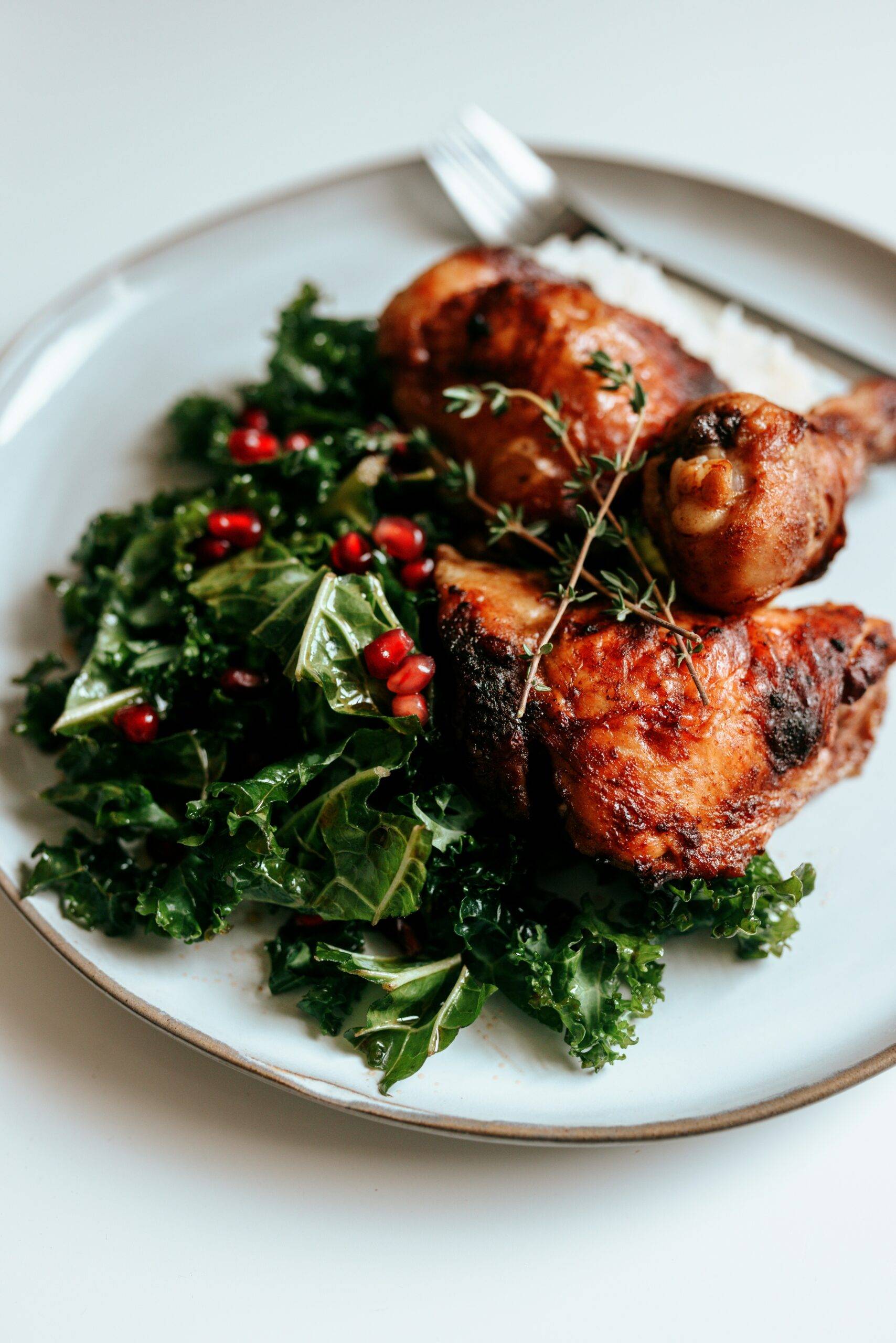
Jamaican Jerk Chicken
Ingredients
- 4 bone-in skin-on chicken thighs
- 4 bone-in skin-on chicken drumsticks
- 1/4 cup soy sauce
- 2 tablespoons olive oil
- 3 tablespoons brown sugar
- 2 tablespoons lime juice
- 4 cloves garlic minced
- 2 tablespoons fresh ginger grated
- 2 tablespoons fresh thyme leaves
- 2 tablespoons allspice berries ground
- 1 tablespoon black pepper ground
- 1 tablespoon paprika
- 1 teaspoon cinnamon ground
- 1 teaspoon nutmeg ground
- 1 teaspoon cayenne pepper adjust to taste for spice level
- Salt to taste
- Lime wedges and fresh thyme sprigs for garnish
Instructions
- In a large bowl, whisk together soy sauce, olive oil, brown sugar, lime juice, minced garlic, grated ginger, fresh thyme leaves, ground allspice, black pepper, paprika, cinnamon, nutmeg, cayenne pepper, and salt to create the jerk marinade.
- Place the chicken thighs and drumsticks in a large resealable plastic bag or shallow dish. Pour the jerk marinade over the chicken, ensuring each piece is well coated. Seal the bag or cover the dish and refrigerate for at least 4 hours, or preferably overnight, to allow the flavors to penetrate the meat.
- Preheat your grill to medium-high heat (around 375-400°F/190-200°C). If using charcoal, set up a two-zone fire with the coals on one side for direct heat and the other side for indirect heat.
- Remove the marinated chicken from the refrigerator and let it sit at room temperature for about 30 minutes before grilling.
- Once the grill is hot, lightly oil the grates to prevent sticking. Remove the chicken from the marinade, shaking off any excess, and place it on the grill over direct heat, skin side down.
- Grill the chicken for about 5-7 minutes per side, or until the skin is crispy and golden brown, and the internal temperature reaches 165°F (74°C) for thighs and drumsticks. Rotate the chicken occasionally to ensure even cooking and to prevent burning.
- Once the chicken is cooked through, transfer it to the cooler side of the grill (indirect heat) and continue to cook for an additional 10-15 minutes, allowing it to absorb the smoky flavor from the grill and ensuring it’s fully cooked.
- Remove the grilled jerk chicken from the grill and let it rest for a few minutes before serving. Garnish with lime wedges and fresh thyme sprigs for an extra burst of flavor.
- Serve your Jamaican jerk chicken hot alongside traditional sides like rice and peas, fried plantains, or fresh salad, and enjoy the bold, spicy flavors of this classic Caribbean dish!
Conclusion: Jamaican Jerk Chicken
Jamaica’s jerk chicken is more than just a dish; it’s a cultural phenomenon that reflects the island’s rich history, diverse heritage, and vibrant spirit. From its indigenous roots to its global popularity, jerk chicken embodies the essence of Jamaican cuisine and continues to captivate taste buds around the world with its irresistible flavor and irresistible charm.



